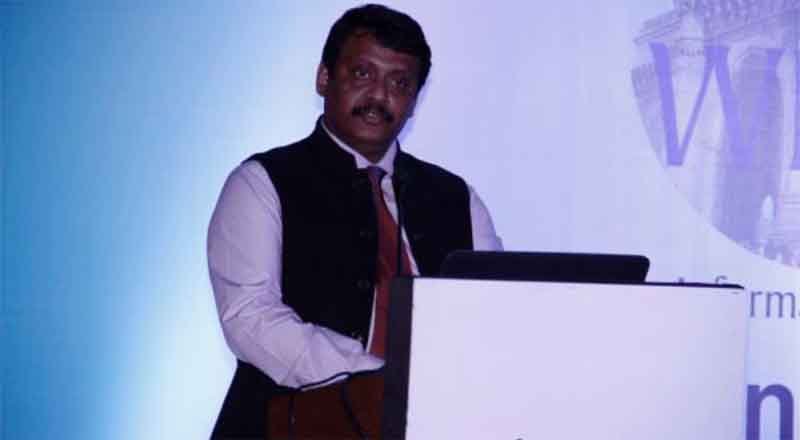
- 1 week ago
- Breaking News
It’s Time To FaceOff The Fact Of the Murder of Suchir
The sudden death of Suchir Balaji, a former OpenAI employee who accused the company of illegally using copyrighted content to train its AI models, has stirred controversy and deep suspicion. Balaji, who worked at the AI firm for four years, made the explosive allegations in an interview with The New York Times, where he warned that OpenAI’s actions were causing "more harm than benefit" to society.
His claims positioned him as a key witness in The New York Times' ongoing lawsuit against OpenAI over copyright infringement. However, just a month after going public—and days before a scheduled follow-up interview—Balaji was found dead. While authorities ruled his death a suicide, his family strongly disputes this conclusion, believing he was murdered to silence him.
In an emotional interview with NewsNation, his family pointed to inconsistencies in the official account and suggested that his whistleblowing against a tech giant may have made him a target. Their grief is overshadowed by a sense of injustice, fearing that his commitment to exposing wrongdoing led to fatal consequences.
As of now, OpenAI has not commented on Balaji’s death or the allegations he made. This silence has only intensified speculation about the circumstances surrounding his passing.
The case raises troubling questions about the ethical risks of AI development, corporate accountability, and the potential dangers faced by those who challenge powerful institutions. Balaji’s tragic fate underscores the immense stakes in the world of artificial intelligence.









